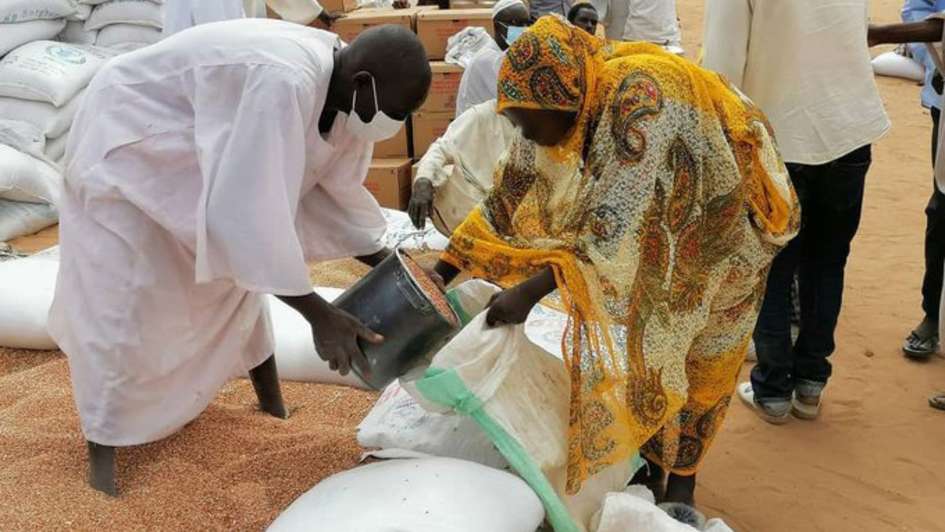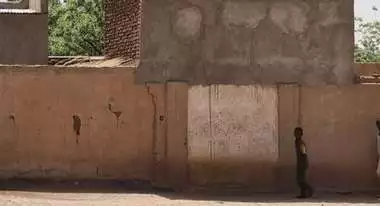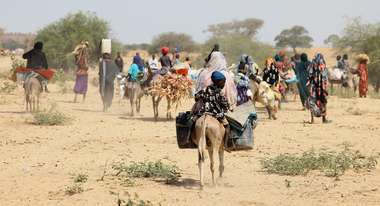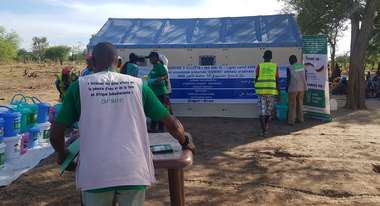Civil War in Sudan: Growing Brutality Against Civilians
Welthungerhilfe calls for more efforts to protect the civilian population in Darfur from violence.

Bonn/Berlin, 2023-11-16. Welthungerhilfe urges the German government and the international community to intensify their efforts to find a peaceful solution to the civil war in Sudan, which has been escalating since April, and to ensure long-term access for humanitarian aid workers. Due to heavy fighting, it is becoming increasingly difficult to reach people in need in various parts of Darfur.
The civil war between the Sudanese army and the paramilitary Rapid Support Forces (RSF) is being waged with a new level of violence and brutality against civilians, especially in the states of North Darfur and West Darfur. Targeted attacks on villages and refugee camps are intensifying by the day, forcing more and more people to flee the violence. Since fighting began in April, more than six million people in Sudan have been displaced, and over half of the total population, or around 25 million people, urgently require humanitarian aid. The latest peace negotiations, in early November, have failed.
“During the past few days, our Sudanese staff and their families had to leave al-Fashir, the capital of the state of North Darfur, where they had still been able to distribute aid supplies like tarpaulins, water canisters, and hygiene items up to early November. Each day, we are struggling with the question of how to reach people in need, especially women and children, without endangering the lives of our colleagues. Conditions for people in Sudan are becoming increasingly difficult, with banks dispensing only small sums of money per person and gas prices further rising as oilfields come under attack. All of this is causing food prices to keep increasing and the humanitarian crisis to further escalate. At the same time, cholera cases and dengue outbreaks are increasing in regions that people are fleeing in search of refuge from the fighting, especially since medicine, safe water, and hospitals are scarce. We are caught in a vicious cycle of violence and suffering, and funding for the urgently needed humanitarian aid has been insufficient so far,” says Hashim Bilal, the country director for Welthungerhilfe in Sudan, describing the dire circumstances in the country.
Welthungerhilfe has been active in Sudan since 1998. With around 200 national and international staff members in Khartoum and in the states of North Darfur, Red Sea, Kassala, and Gedaref, it supported around 2.6 million people in 2022.
Welthungerhilfe is one of the largest private aid organizations in Germany and has no political or religious affiliations. It is fighting for “Zero Hunger by 2030”. Since its inception, it has provided funding of EUR 4.75 billion for more than 11,498 overseas projects in 72 countries. Welthungerhilfe follows the principle of supporting people in realising their rights and sustainably improving their living conditions, which it implements with measures ranging from rapid disaster relief to rehabilitation to long-term development co-operation projects with national and international partner organizations.







